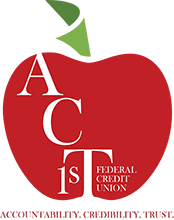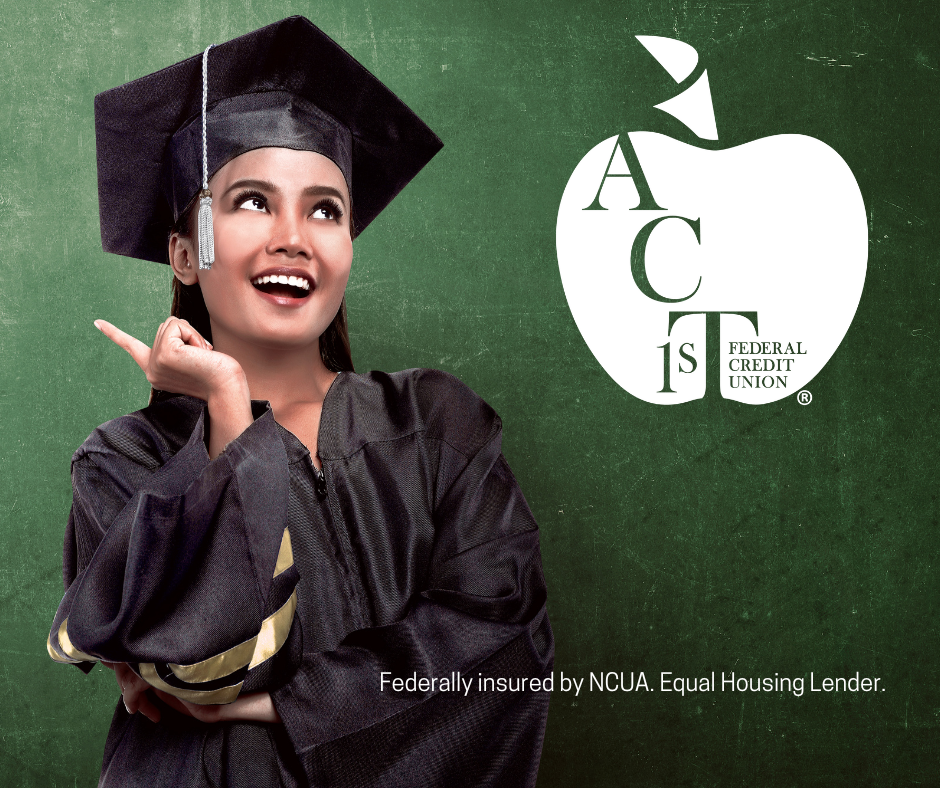Delays in this year’s FAFSA and financial aid process have left many families scrambling to find last-minute funding after reviewing financial aid award letters. Now tuition bills are due, and after scholarships, grants, and federal aid, there’s still a remaining balance – what do you do?
Don’t panic! Here are a few suggestions for last-minute ways to foot the bill:
Cut Unnecessary Costs
Look at ways to reduce any optional costs. While some items for college are non-negotiable (tuition), others are more flexible and could provide opportunities to save money.
Here are a few ways you could save:
Meal Plans: Do you have options for selecting a dining plan? If you typically do not eat a full breakfast, or plan to go home on weekends, determine how many meals you truly need per week and adjust accordingly.
Transportation: Can you survive without a car and save on parking? College campuses tend to be walkable, or you could consider riding a bike. Many college towns also offer student discounts on public transportation.
Books and supplies: Shop around for the best price on textbooks and other supplies. Used textbooks are often available in bookstores and online, and come with a lower price tag.
Housing: It is typically more costly to have a single dorm room than to share one with a roommate. The same is also true for off-campus housing, where you can split the rent and utilities.
It all adds up. You could save thousands of dollars a year by making a few small adjustments!
Payment Plans
Contact your school’s financial aid office to see what options you might have for tuition payments. Most offer monthly or per semester payments to help spread out the costs. Keep in mind that you may have to pay an enrollment or management fee for this service, but it could be worth it if you need more time to come up with extra money.
Work for It
While school should be your number one priority, think about getting a part-time job. Most colleges employ students on campus, and stores and restaurants nearby are used to working around students’ schedules. The money you make could go toward books, housing, or a payment plan if you’ve set one up.
Late Deadline Scholarships
While most scholarships are awarded in the spring, there may be some that are still available and have a later deadline. Search online or with local community organizations to see if there is unclaimed money available.
Just be sure to watch for these red flags outlined by U.S. News:
Phony organizations: The scholarship site should have an About Us page, giving the name of the business or nonprofit offering the award. Do a quick web search to make sure the business or nonprofit exists and has made recent updates to the website.
No clear criteria for how entries will be judged: If the scholarship website doesn’t outline the factors that evaluators will consider, the scholarship could be phony.
Requests financial information: Most legitimate scholarship organizations have access to information from the FAFSA. That means you shouldn’t have to provide Social Security numbers, salaries and other personal information for yourself or your parents.
Absence of clear privacy policies: Before applying for a scholarship, read the organization’s privacy policy on the website. Make sure it states definitively that it won’t sell information you provide.
Consider Private Student Loans
Private student loans like those offered by credit unions were developed for this exact situation. Once you’ve exhausted all other means of financial aid and payment options, a private student loan can help cover the balance that’s left.
When you’re comparing loans, look at interest rates, repayment terms, and fees to make sure you’re selecting the best option for your situation. You can also speak with our team of experts (at no cost to you!) to work through your options.
Ask a question via email, or set up an appointment via phone. We’re here to help!
As tuition costs increase, college is becoming more expensive. Fortunately, there are financing options available to students and their families after scholarships and grants have been exhausted. Direct PLUS loans (commonly called simply PLUS loans) are one example. Another option is a private student loan from a lender such as ACT 1st FCU.
So which is the better option? Every situation is unique, and there isn’t one right answer. But we can help you break down the differences.
Federal PLUS Loan Basics:
– Taken out in the parent’s name (Parent PLUS loan) or graduate student’s name (Grad PLUS loan)
– Fixed interest rates that stay the same over the life of your loan (but may be higher than private student loan rates in today’s environment)
– Comes with loan fees
– May be eligible for some federal student loan forgiveness programs
Private Education Line of Credit from ACT 1st FCU:
– Taken out in the student’s name, but can include a co-applicant
– Competitive fixed and variable rate options [link to rates – include only the type(s) your CU offers]
– No origination fees
– Line of credit structure that allows you to secure funding for an entire undergraduate career with just one application*
Have more questions? Click here and learn more with our comparative guide.
Ready to get started with a private student loan? Apply today!
*Subject to annual review and credit qualification. Must meet school’s Satisfactory Academic Progress (SAP) requirements.
Congratulations – you’ve graduated, been accepted to college, and are on your way to an exciting future! But now you also have to pay for tuition, housing, books, and other costs along the way. Scholarships, grants, federal student loans and work study should be your first choices to foot the bill, but many families still need more help to cover the costs. That’s where ACT 1st FCU comes in!
Did you know your credit union offers a better way to pay for college? Here’s what sets our student lending solution apart from other lenders:
1. Flexible Funding
With delays in this year’s FAFSA and financial aid timeline, you might be under a time crunch for making decisions about college and how to pay for it. Even if you’re unsure of the college you’ll be attending or the exact loan amount you may need, you can establish your private education line of credit with ACT 1st FCU today. Then, when you’ve finalized the details, we’ll be ready when you are.
2. Line of Credit Structure
By paying for college with our innovative line of credit, you can secure funding for your entire undergraduate career with just one application!* In future academic years, you’ll simply request funds from the line for the amount you need – no need to reapply.
3. Personalized Support
We’ll connect you with a concierge team member who will be with you for every step of your application process. Plus, our College Counselor provides free, one-on-one support via phone or email to answer any questions you may have about paying for college.
And of course, you’ll get the quality member experience you’ve come to expect from ACT 1st FCU! Click here and learn more today about how we can help you make your higher education dreams a reality!
* Subject to annual review and credit qualification. Must meet school’s Satisfactory Academic Progress (SAP) requirements.






